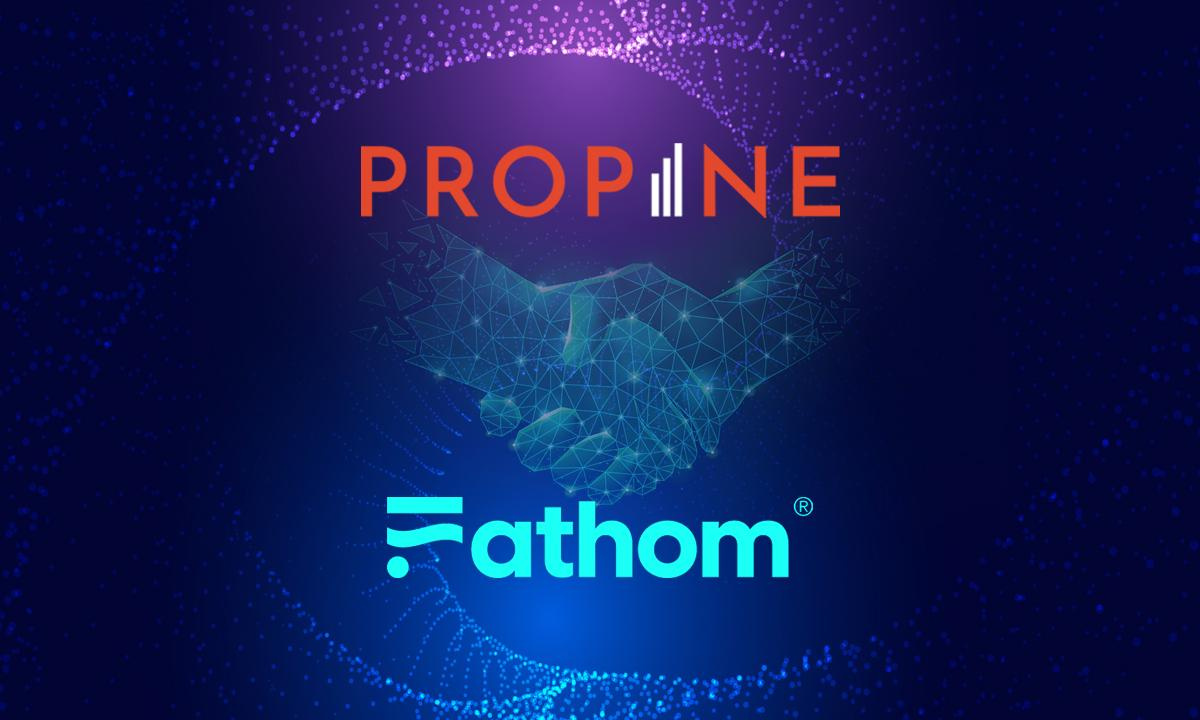Twitter's recent decision to end its legacy verification program has led to users seeking alternative decentralized solutions. Historically, blue checkmarks were given to journalists, celebrities, and government figures for free, as long as they met certain criteria.
itself, a crypto news and media publication that has been serving the industry for over five years to date, recently lost its legacy "verified" status on Twitter. The rules for verification have been rotated to accommodate payments, for a rough monthly fee of USD $8 (depends on where you're from). This means that anyone can now apply for the verified status, regardless of stature or integrity: a decision that leaves journalists and publications such as CryptoDaily in the open.
As the Twitter blue checkmark verification loses its meaning, some users have already made the switch to Bluesky, a . The platform is often touted as the decentralized alternative to Twitter. Dorsey has announced plans for the decentralized social protocol as early as 2019, hiring blockchain developer Jay Graber, who previously worked on ZCash, a privacy-first blockchain protocol. Graber now leads Bluesky as CEO.
Bluesky has been building out what's called the "Authenticated Transport Protocol" or AT Protocol. This protocol creates a layer of interoperability for social media, bridging various decentralized applications across a unified ecosystem. In October, when Bluesky opened the waitlist for its beta, it received 30,000 sign-ups in 48 hours. Despite its bare-bones features, Bluesky is growing in popularity among those who are seeking to move away from Twitter.
Bluesky is joined by other decentralized social media platforms such as Zion, , and Mastodon, all of which share the core principle of being open platforms built on blockchain-based principles. Zion itself is built over the Bitcoin protocol, while Nostr forms a non-peer to peer chain of clients with tamperproof, censorship-resistant features operating from cryptographic keys and signatures. Mastodon, on the other hand, forms a multi-server network of interoperable "communities" spread across regions and topics.
On privacy and technology
Privacy and technological progress have a complex and intertwined relationship. On the one hand, technological progress has enabled new forms of communication, collaboration, and innovation. It has also made our lives more convenient and efficient in many ways. However, this progress has also come at a cost to user privacy.
It's easier and cheaper to collect, store, and analyze vast amounts of data, whether these are personal or not. What does this imply? Data has become a property, an asset that can be utilized to track different vectors of human life: from activities to interests, to behavior and tendencies. Big technology companies utilize this and sometimes, to the detriment of an unknowing public, exploit this for political influence and commercial gain. This is why privacy is essential to protect personal autonomy, and this is also why privacy is a critical basis for maintaining an open web, the same aspiration that Web3 protocols are now building.
Decentralized such as Bluesky, Nostr, and Mastodon prioritize privacy as a core principle because they are designed to give users control over their personal data. Decentralized systems distribute control and ownership of data across a network of users, rather than centralizing it with a single entity. This approach allows users to maintain ownership and control over their personal data, and to share it only on a need-to-know basis.
These platforms prioritize privacy and security by using advanced encryption standards to protect user data, and operate without collecting or storing personal user information, which are not essential for the platform to function in the first place. Through , users can communicate and share content without fear of being tracked or censored. By prioritizing privacy, these platforms empower users to take control of their personal data and protect their privacy in an age where data breaches and privacy violations have become all too common.
Crypto and sovereignty
Open and decentralized infrastructure in the crypto space are linked to concepts of sovereignty. With the decentralized nature of blockchain technology, crypto represents broader implications for both technology and human culture. In general, sovereignty refers to the idea that a state has complete authority and control over its own territory and people. It is a fundamental principle of modern nation-states and is often seen as the cornerstone of political power. Crypto represents the opposite, or at least an opposition, of these principles. It has, in recent years, emerged as a response to concerns about the centralized control of financial systems, as well as the erosion of privacy and personal freedoms. As such, it represents a movement that values autonomy, transparency, and self-governance, one that that seeks to empower individuals and communities to take control of their financial and social lives.
Decentralization, hence, opens possibilities where, rather than being controlled by a central authority, such as a government or a financial institution, protocols and communities may operate and grow based on distributed, horizontal values. From code to theory, every aspect of these social units work collectively, whether it's in terms of verification or validation for transactions, or governance and improvement proposals. What does this mean? This forwards the idea that crypto is inherently resistant to centralized control and is more resilient to censorship and manipulation, by design.
This tendency towards autonomy against authority is partly driven by the political philosophy of many early crypto pioneers, who saw crypto as a way to challenge the power of traditional financial and political institutions. They believed that by creating a decentralized financial system, they could create a more democratic and equitable society that was less dependent on the state.
This tension, however, has created challenges and risks. Certain governments have responded to the rise of crypto with a stark skepticism, or even hostility, viewing crypto as a sort of threat to state power and authority, especially in the domain of finance and economy. Some others, still, have . Tighter continues, and are still happening.
Despite these, crypto both as an industry and as a global community continues to grow and evolve, driven by a desire for greater autonomy and self-determination.
Disclaimer: This article is provided for informational purposes only. It is not offered or intended to be used as legal, tax, investment, financial, or other advice. Opinions stated herein are solely of the author's, and hence do not represent or reflect CryptoDaily's position on the matter. The author has no influential stakes in any of the digital assets and securities mentioned, and does not have any significant hold of or own any cryptocurrency or token discussed.
Investment Disclaimer














